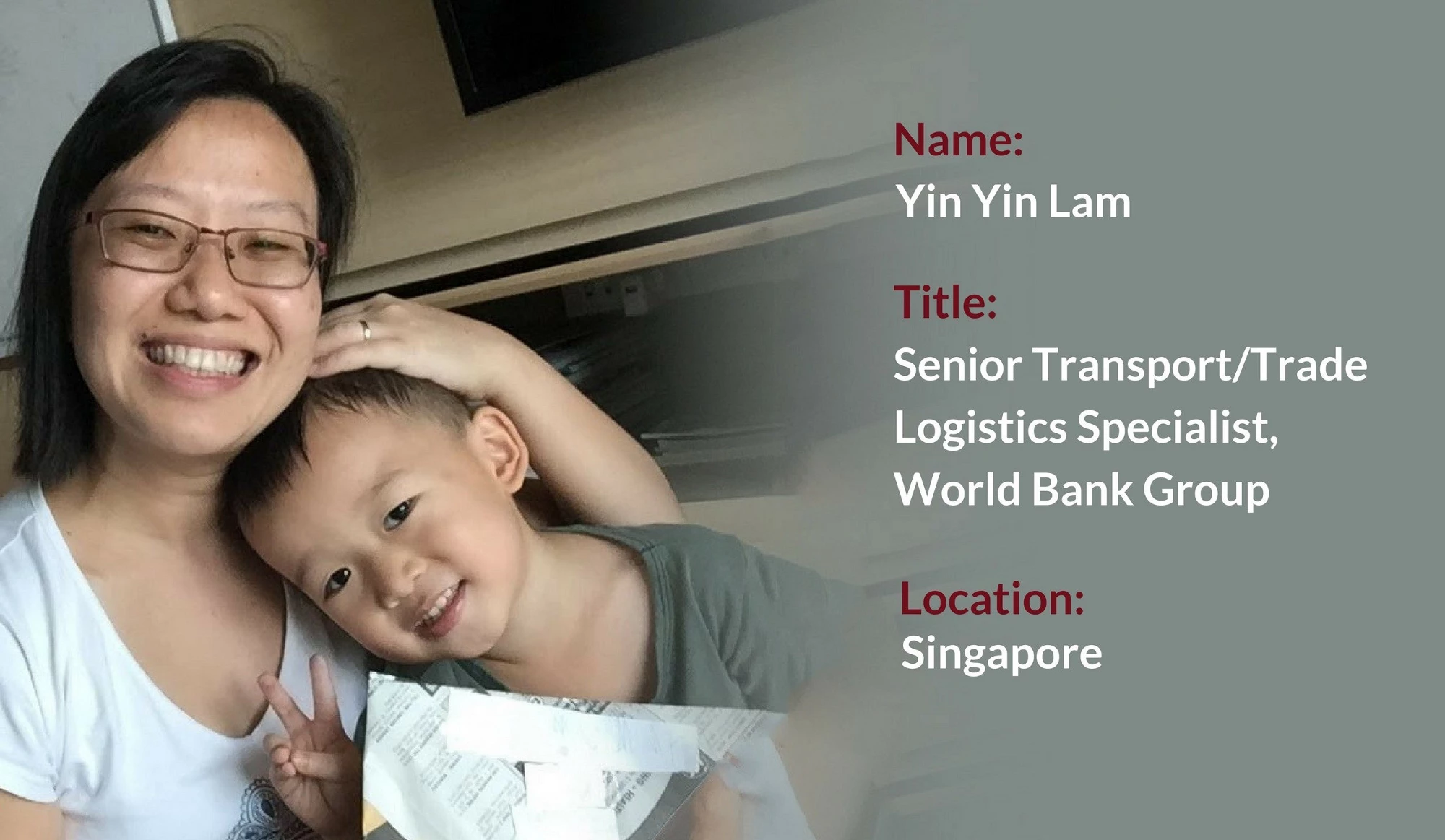Welcome to the “10 Candid Career Questions” series, introducing you to the infrastructure and PPP professionals who do the deals, analyze the data, and strategize on the next big thing. Each of them followed a different path into infra and/or PPP practice, and this series offers an inside look at their backgrounds, motivations, and choices. Each blogger receives the same 15 questions and answers 10 or more that tell their career story candidly and without jargon. We believe you’ll be as surprised and inspired as we were.
1. What was your first job?
As a teenager, I did extra household chores to earn some pocket money (think of it as a form of PPPs—Parents Providing Pennies). In my first full-time job I worked for a global port operator, bidding for PPP port concessions. Each bid was like an adventure—looking for the right partners, sizing up the market, uncovering the true costs, understanding the bid dynamics!
2. What was your best job?
My best job was managing a regional team in a trade and investment development government agency as a Regional Director, creating a shared strategy, juggling the resources, motivating the team and other stakeholders towards achieving the strategy. I enjoyed working with the team—they were great!
3. What do your family members think you do all day at work?
They think I type on a computer. They are oblivious to the content.
4. What do you really do all day at work?
I type on a computer, hopefully creating meaningful content.
I work on and manage projects that involve developing trade logistics infrastructure and policy, to boost the economic competitiveness of emerging countries in the long term.
5. What do you wish you did all day at work?
Work on and manage projects that involve developing trade logistics infrastructure and policy, to boost the economic competitiveness of emerging countries in the long term…
…but with fewer challenges in processing, procurement, portals, payments, etc.
6. What is your go-to industry website?
Supplychainbrain.com offers news snippets with interesting trends on logistics, trade, industries, and more.
I also like IJGlobal—the special features can sometimes be fairly sensational reads!
7. What did the book that made the biggest impact on you professionally teach you?
The poem “If” by Rudyard Kipling. It inspires you to give your best, regardless of circumstances.
8. What are you shocked to hear yourself say when you give advice to young professionals?
I encourage “the young ones” (please sing to the tune of this 1962 oldie), to reach for their aspirations. Sometimes I wish I could heed that advice more. “The older ones” tend to lose their idealism along the way. The hope is to juggle idealism and realism.
9. What is the most rewarding thing you have experienced in the course of your Infrastructure and PPP practice?
Winning a PPP bid, which can sometimes feel like winning the lottery. (Then you agonize if you paid too much for it!)
Also, developing trade logistics infrastructure in Singapore when I served in the public sector: for example, the first Perishables Handling Center, handling regional fresh produce, pharmaceuticals, etc., and the Regional Express Cargo Hub at the airport, handling e-commerce and express cargo. I helped create the enabling environment and make the business case to encourage private sector investment in those centers.
Another very exciting opportunity was establishing the first Singapore-Asian Development Bank Co-operation MOU. The initiatives included a PPP Project Preparation Facility and a Trade Finance Facility for emerging countries. (I was on a government secondment assignment as an advisor to a board director at the Asian Development Bank.)
10. In what ways do you think the Infrastructure and PPP area you work in will look different in 10 years?
As the public sector tries to meet society’s growing aspirations for infrastructure, and the private sector continually looks for assets, I think the public and private sectors will increasingly find ways to collaborate. This could include a range of partnerships between the public and private sectors, including PPP transactions, having an enabling policy environment, active facilitation to support companies to make the business case, innovative financing mechanisms, etc.
Related Posts
Preparing for the future of logistics - the Singapore way
Three factors that have made Singapore a global logistics hub
10 Candid Career Questions Series



Join the Conversation